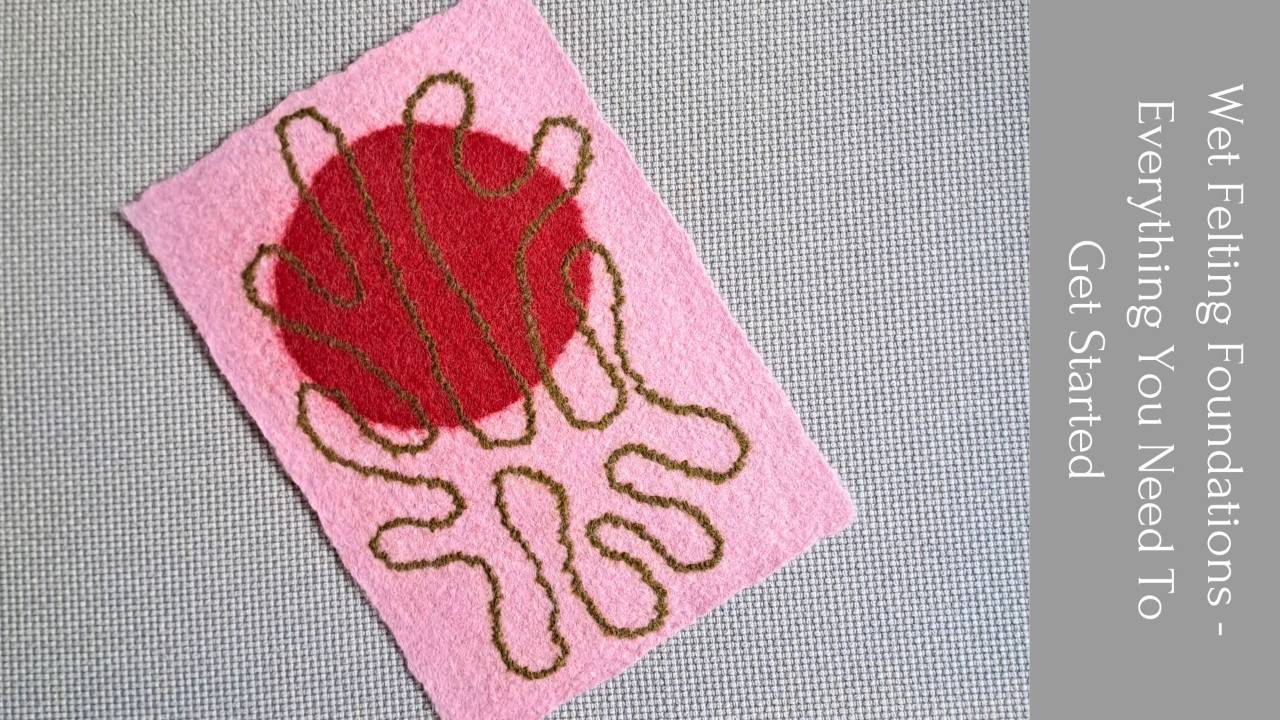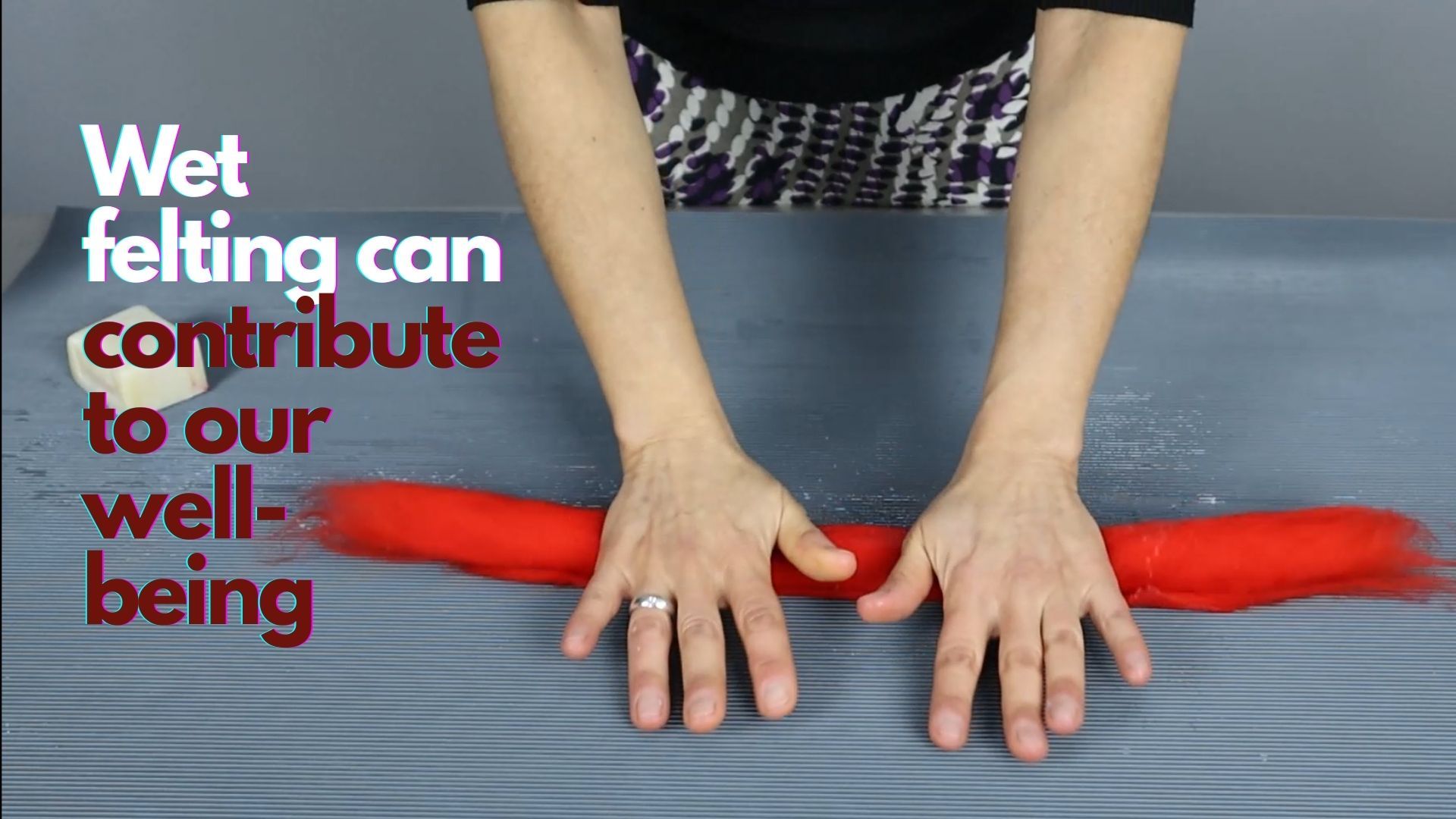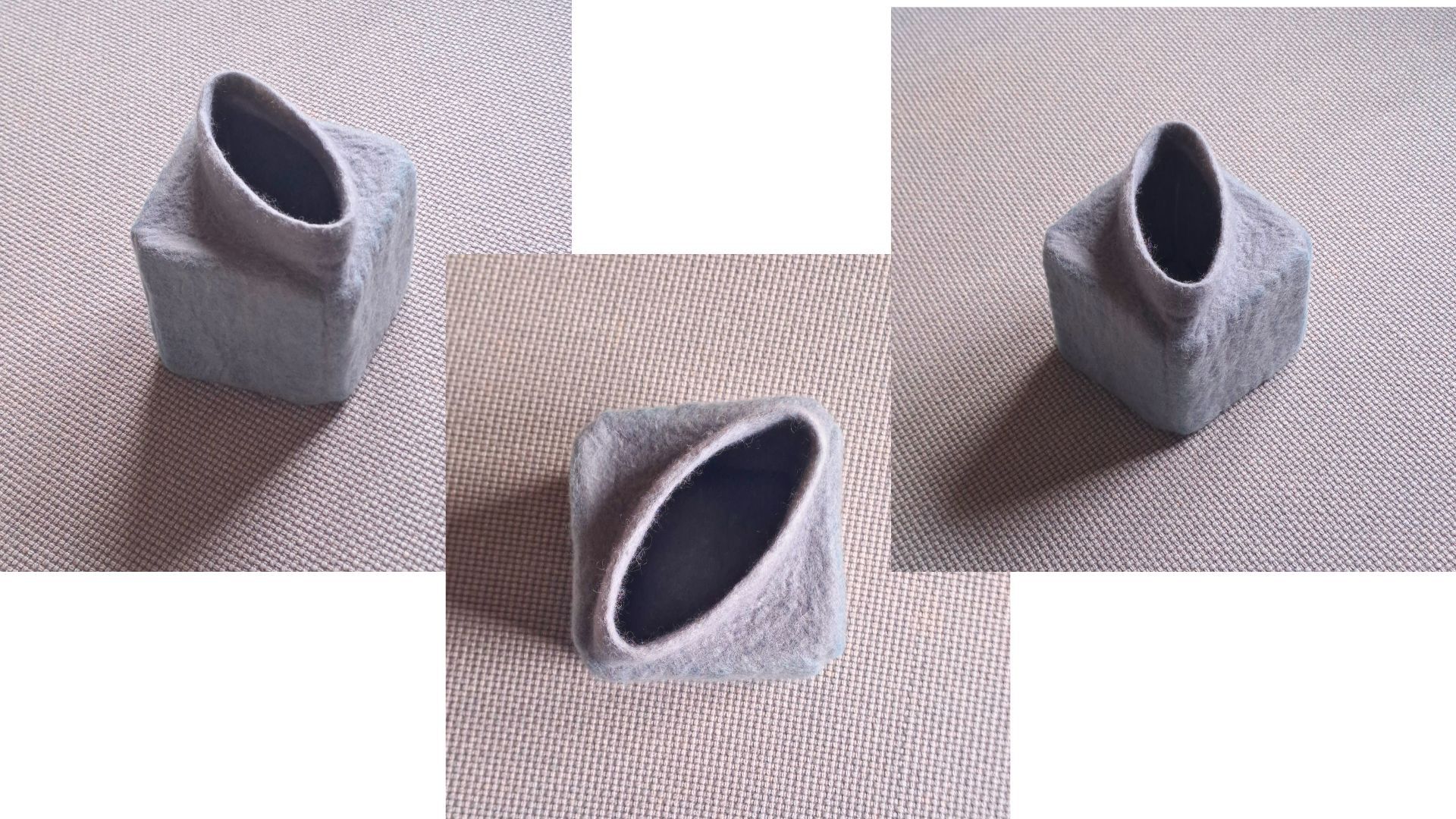The Dodo Blog
If you’ve been following me lately, you know I’ve been working on a class for beginner felt makers for some time.
So, I’m super excited to let you know it’s ready and available for registration.
As usual, as part of my inner circle, you have the chance to get it for the early bird price from today...
I’ve got good news! The first class for beginner felt makers is almost ready, and I’m really excited about it ⌛🎉
I’ve integrated the questions that came in from your emails. So, if you’ve sent me a question, it’ll be in the class (as long as it fits into the topic, of course).
The course title has...
Did you know that it’s possible to wet felt without soap? It’s not very common. Most felt makers use soap to felt, but there are some who don’t.
Because I’m curious and I like to test everything, I decided to make a small sample to see how it works. You never know. Sometimes you do something in a c...
You know, for years now, I’ve been getting the same question again and again: “Do you have a class for complete beginners?”
I’ve always wanted to be able to answer YES to this question. But, for a long time, the answer was NO.
Not because I didn’t want to offer a class to help beginner felt makers...
As the year comes to a close, I wanted to share a piece I made recently: a wet felted goldfish. I felted it based on the fish masterclass by one of my favorite felt artists, Maria Friese (@maria.friese.art). In this masterclass, Maria leaves room for each student to choose any type of fish. I chose ...
Looking for a new creative challenge?
I’ve got you covered!
Until Sunday, October 5th, get the class STAR ANISE SEED POD for only 99€. That’s 30€ off the regular price!
This is an exclusive offer for newsletter subscribers. So, if you’re on the email list, please check your inbox for this special...
Wet felting contributes to our well-being and it can even be therapeutic. It’s been used in the Waldorf method for a long time to cultivate the connection to Nature through a natural material, to engage the senses, develop fine motor skills, concentration and creativity in children.
If you’ve been ...
Last week we started looking at how the felting and fulling methods you choose for your wet felted project affect the outcomes and the quality of your felt.
We made a sample with a fine merino layout and viscose on the surface, that we felted using gentle methods.
This week, we’re trying much more...
We’ve started a little tradition in The Dodo Hub: once a month we hop online and felt together. Lately, the challenge has been about the circle. We grab a round resist, and experiment with the techniques from the program.
You can felt anything you’d like to try, as long as you start with that circl...
Felting and fulling methods. You’ll see different felt makers using different ones, and this may have raised the question for you: Is it really that important which ones you choose to use? I mean, they all produce felt, right?
Well, yes, I guess that’s right. But choosing the right felting and full...
I’ve spent years felting berets and trying to get them to be soft and wearable. Along the way, I tested materials, methods, and fiber ratios until I found what I was looking for.
The course FELTING SOFT HATS – THE BERET distills those experiments, based on trial and error, into a clear, practical ...
If you’ve ever wet felted a beret, you might relate to this frustration: no matter how thinly you lay out your wool, the result turns out too stiff; even with fine merino, the beret never really drapes the way you want.
I know, because I went through the same thing for years.
That got me into a lo...






